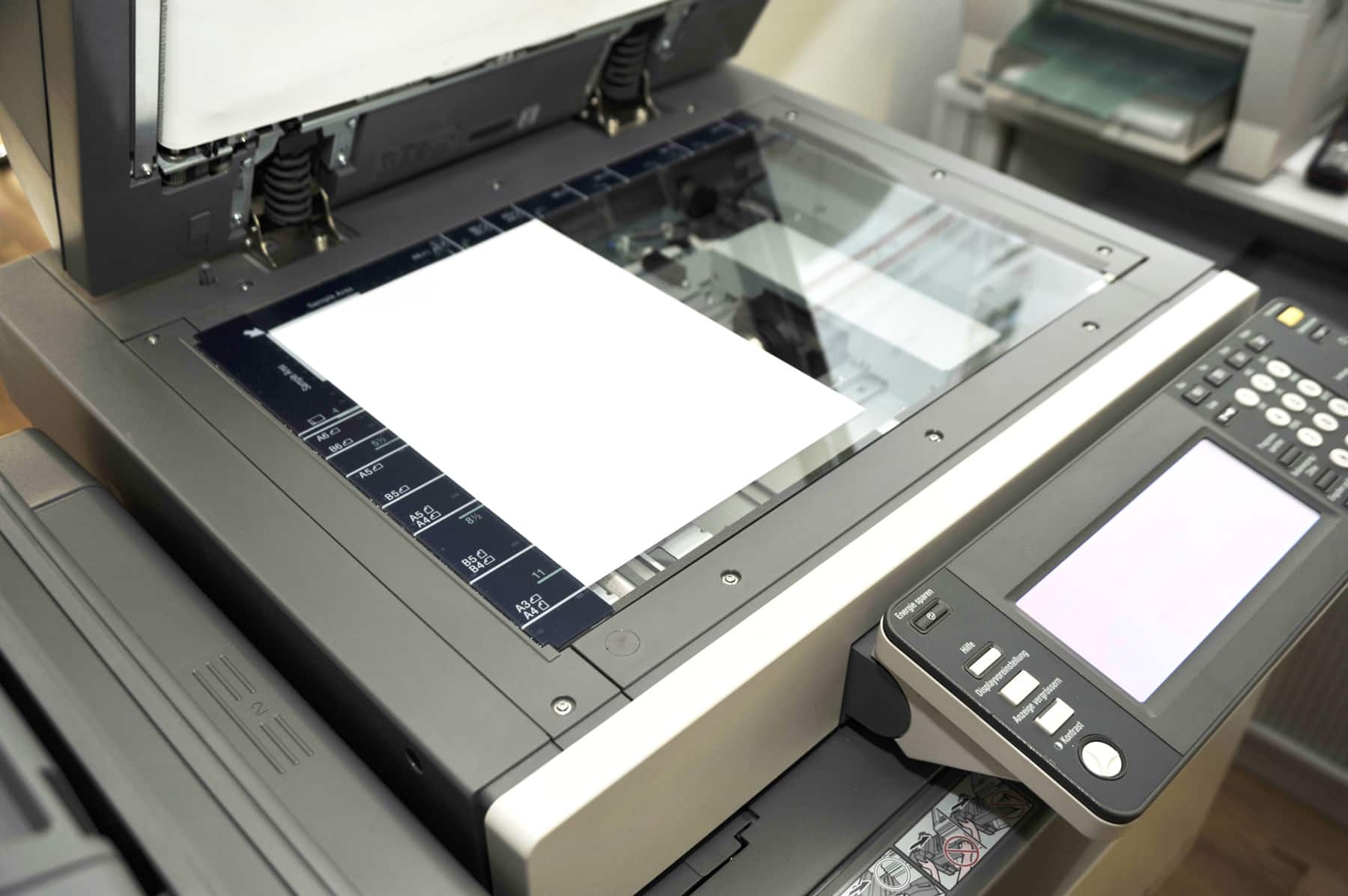Which type of printer does your office need?
Technology has invaded every facet of modern human life. People now mostly use digital devices to store and read documents. This makes everyone wonder about the relevance of printers in offices.
Is printing paper still relevant?
Printers and printing paper documents are still important in the workplace. Some of the reasons you may need it are:
Customer satisfaction
Some customers may prefer printed documents over digital ones. So, having a printer at your office is always good to cater to these customers.
Technology issues
Even if you have an IT support cell in your office, sometimes unforeseen issues with your computer or network can result in the loss of critical data. Having a hard copy of important documents can be helpful in these times.
They are tangible
Physical documents can help people stay focused during important meetings, and the attendees can highlight important points or make notes on them as well. Physical documents also give the information a more authentic appearance.
WorkForce Pro WF-C579R
We at Priority Networks provide WorkForce Pro WF-C579R to our clients. Powered by PrecisionCore, this printer offers high-productivity color printing at a budget price. No warm-up time is needed, making the printing extremely fast. This is fantastic for offices that need to print documents without delay, especially in the medical industry, such as a dental office. The printer’s open platform enables smooth interaction with business applications, and its PCL1 PostScript® 3TM capabilities make it perfect for network-shared printing. It is highly compact, making it suitable for all kinds of workstations, and it can also be used for numerous applications like copying, scanning, and faxing.
Determining your office needs
After you have invested in your printer, it is essential to determine where to place it to get maximum productivity. Your specific office needs play a vital part in the placement and usage of a printer.
Determining printer location
A printer should be placed in such a way that it is protected from natural elements. Using wireless printers will eliminate a lot of wires and prevent accidental tripping. It should also be placed so that changing or removing cartridges is easy.
Departmental needs
The printer should be placed according to how many departments need printers close to their workstations. Some departments, like accounts, may need to print more documents compared to the IT services department.
Employee needs
The printer should be placed according to how many employees may need to print documents during a workday. For example, employees in charge of organizing meetings or accountants may need to print physical copies more than others.
Nature of your business
Some businesses, like logistics or retail companies, may need to print invoices for their clients. Some businesses send paper mail to their clients who do not have access to email. Many also send marketing pamphlets to their target customers. If your business regularly performs these activities, a printer is beneficial.
Though technology has made it possible to keep large documents with us anywhere we go, printing is still relevant, especially for businesses. Buying a good printer to suit your office needs is an excellent investment you can make for your business.
For more information on the WorkForce Pro WF-C579R, contact Priority Networks today!




